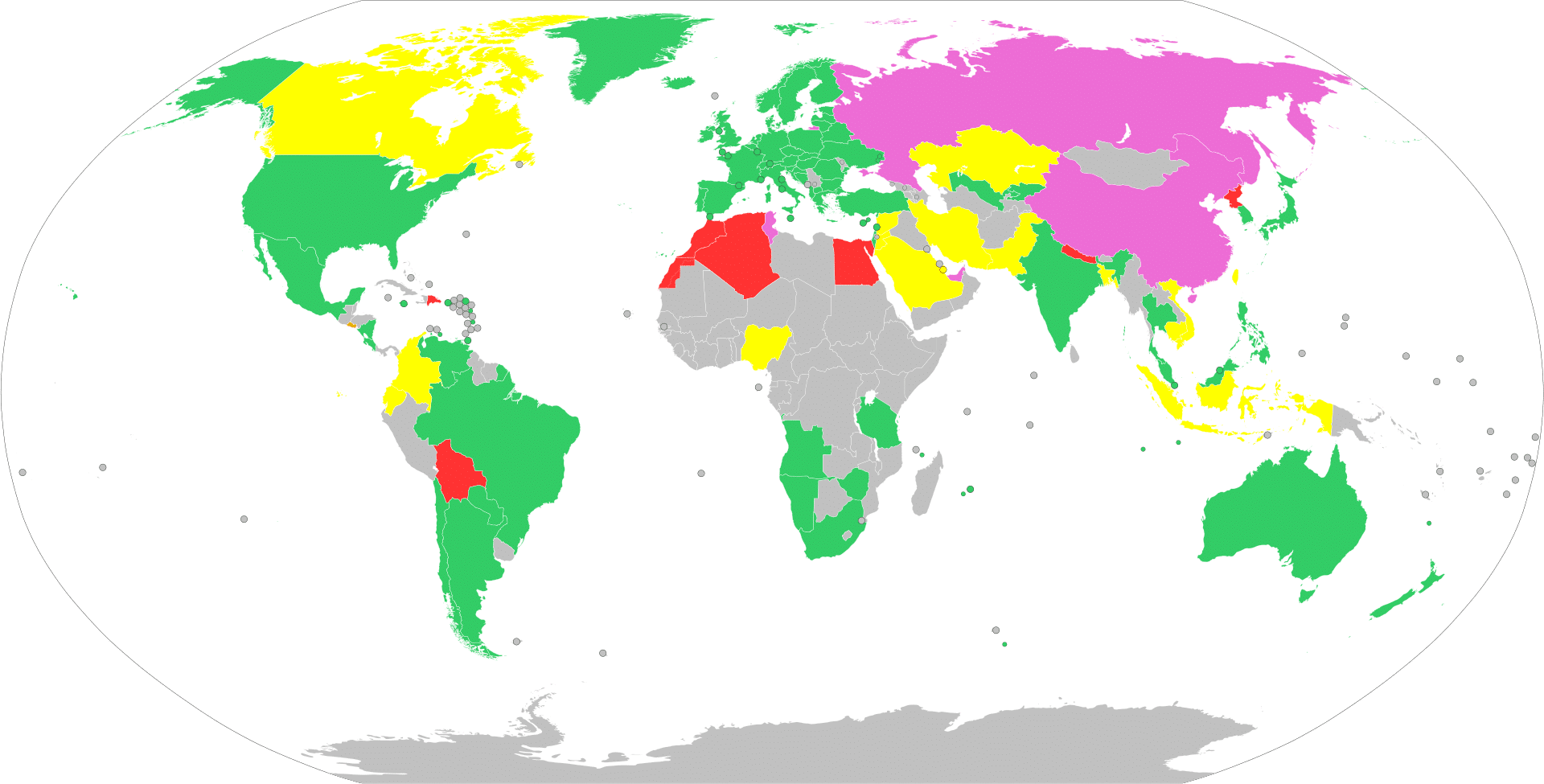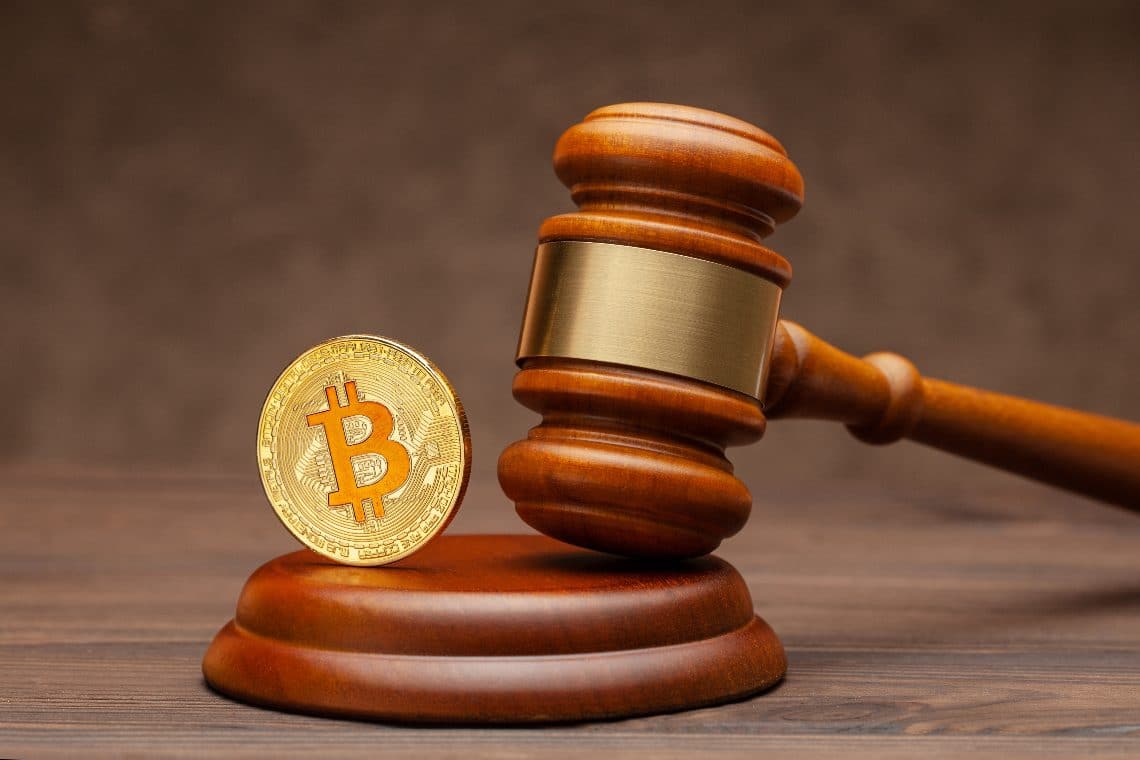The only country in the world where Bitcoin is legal tender is El Salvador.
There are also other countries where it is legally recognized as a means of payment.
However, the difference between legal tender and legal recognition is very important.
Summary
Bitcoin legal tender: what it means
A legal tender is a currency that a creditor cannot refuse if offered by the debtor as a means of payment. In El Salvador, all those who are able to accept BTC in payment are in fact legally required to do so, and this obligation is likely to be extended to all citizens, businesses and institutions in the country sooner or later.
El Salvador is the only country in the world so far to have given Bitcoin forced legal tender, but there are other states that have already legally recognized it as a means of payment, albeit only voluntary and not mandatory.
Bitcoin in Japan and Ukraine
The first was Japan, several years ago, where it was in fact considered a voluntary means of payment without any obligation to accept it. Indeed, creditors in Japan have the right to refuse to accept BTC as a means of payment if they wish.
Ukraine has also recently legally recognized the use of cryptocurrencies, albeit not explicitly as “currency”, though recognizing their use necessarily also implies their use as a means of payment.
Bitcoin in Switzerland
In Switzerland, the Financial Market Supervisory Authority has previously described it as a “payment token”.
According to the map of legal recognition of Bitcoin worldwide published on Wikipedia, there are now far more countries (in green) where the law grants full rights to their citizens to freely use bitcoin than those (in red) where the law prohibits it.

But there are also many countries (in yellow and purple) where the law is ambiguous or not particularly permissive.
There are some states that are debating whether to legislate in this respect, be it in the way Ukraine has done, recognizing bitcoin as a means of payment, or in the way El Salvador has done, declaring it legal tender.
Bitcoin in Canada
In Canada, former Minister and founder of the People’s Party of Canada (PPC), Maxime Bernier, yesterday explicitly stated that he supports Bitcoin and cryptocurrencies because he believes central banks are destroying money and the economy, while saying he still prefers old-fashioned gold and silver.
Many people are asking if I support #Bitcoin and cryptos. Of course I do!
I hate how central banks are destroying our money and economy. I’m more of an old-fashioned gold & silver fan, but cryptos are another new and innovative way to counter this that should be encouraged.
— Maxime Bernier (@MaximeBernier) September 15, 2021
In Zimbabwe, it is the Minister of Economy and Finance who is in favour, while in Paraguay there is a discussion about recognizing it as a means of payment, perhaps legal tender.
In the meantime, private companies are starting to accept bitcoin as a means of payment in those countries where it is allowed.
AMC CEO Adam Aron has revealed that the cinema chain will accept Bitcoin, and possibly Ethereum, Litecoin and Bitcoin Cash, as a means of payment for tickets sold online by the end of 2021.
Cryptocurrency enthusiasts: you likely know @AMCTheatres has announced we will accept Bitcoin for online ticket and concession payments by year-end 2021. I can confirm today that when we do so, we also expect that we similarly will accept Ethereum, Litecoin and Bitcoin Cash. pic.twitter.com/uKcFyQotoJ
— Adam Aron (@CEOAdam) September 16, 2021
There is still a long way to go, but the path to mass acceptance of bitcoin seems to have for all intents and purposes already begun.




